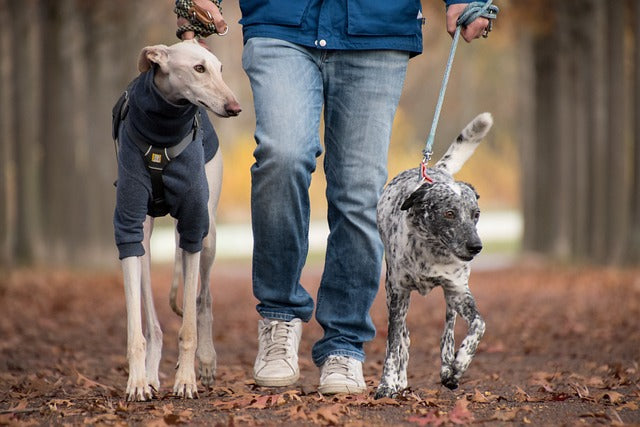






The importance of pets for newborn children
Pets play an important role in the life of a newborn, contributing to the development of various emotional, social, and health aspects of the child. Having a pet in the home can provide a sense of comfort and security for the baby, as the child becomes familiar with the pet's smells and sounds, helping to soothe and reduce crying episodes. Daily interaction with the pet enhances the development of the child's sensory and motor skills through touch, observation, and listening. Additionally, the presence of pets can boost the child's immune system, as early exposure to certain microbes can help build a stronger immunity. Furthermore, the child develops feelings of compassion and care by observing and interacting with the pet, which enhances their emotional and social development. Over time, a strong and unique bond can form between the child and the pet, providing continuous emotional support and contributing to the child's sense of belonging and love. In addition to emotional and social benefits, having pets can promote language development in the child, as they listen to conversations and interactions between family members and the pet. Playing with pets also encourages the child to explore their surroundings with confidence and curiosity, enhancing their mental and creative growth. In short, the presence of pets in the life of a newborn offers multiple benefits that foster healthy and well-rounded development, making them a valuable addition to the family's life as a whole.
The importance of pets for newborn children:
-
Early exposure to allergens: Exposure to allergens like pet dander at an early age may reduce the likelihood of developing allergies to them in the future.
-
Boosting the immune system: Children who grow up with pets may have a stronger immune system due to continuous exposure to harmless bacteria and microbes.
-
Social interaction: Pets can help enhance communication and social interaction skills in children, teaching them how to interact with others and care for animals.
-
Emotional support: Pets can provide emotional support for children, making them feel comfortable and secure.
-
Increased physical activity: Playing with pets can encourage children to be active and move around, promoting their physical health.
-
Teaching responsibility: Even at a young age, children can start learning the principles of responsibility by helping to take care of pets.
Despite these benefits, it's always important to consider safety and hygiene when having pets in the home, especially with newborns. Ensuring the cleanliness of pets and not leaving them alone with children without supervision is crucial.
